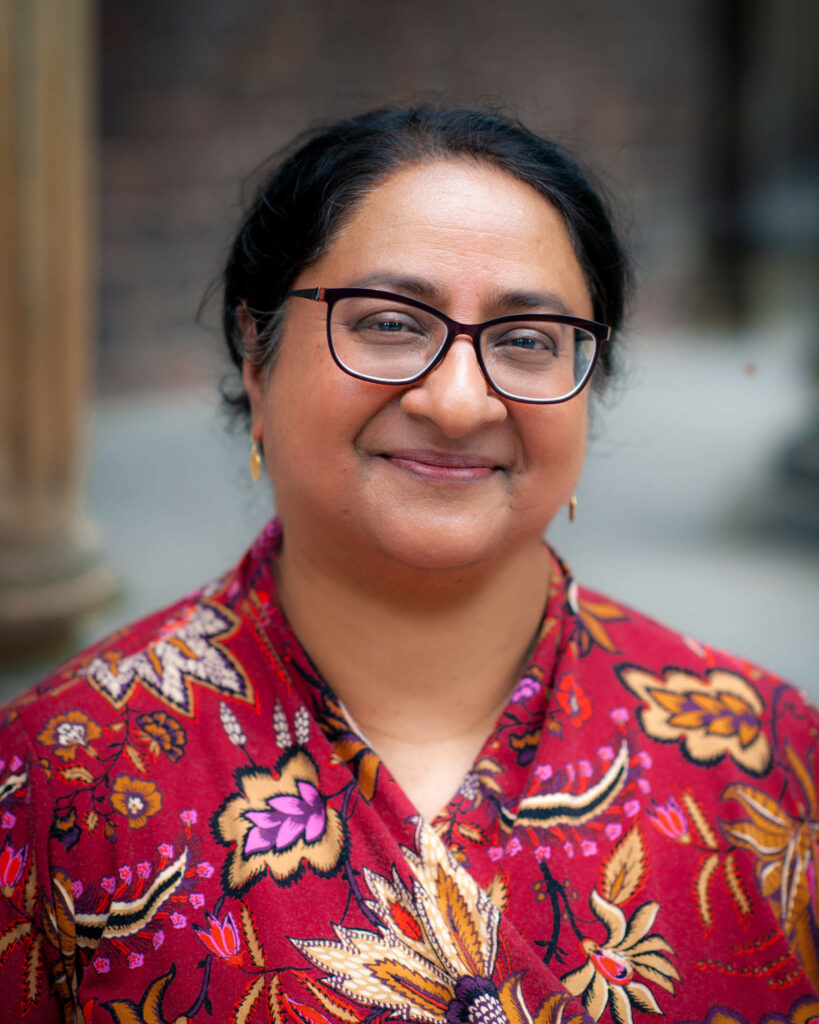Language loss, community vitality and Canadian non-official language education policies
The Language loss, community vitality and Canadian non-official language education policies project examines how Canadian non-official language education policy is linked to non-official language loss and how communities are working to maintain community vitality in the face of this loss.
The Chair brings a critical race and white settler colonial theoretical lens to examine legislation, policies, reports, oral histories, and community resources related to language, immigration and Indigenous communities. Some questions of interest include:
- How does non-official status make an impact on non-official language communities?
- How do non-official language communities narrate and negotiate the importance of their languages for community vitality?
- What is the role of various types of media in the maintenance, revitalization and reclamation of non-official languages?
- What are the impacts of non-official language and education policies on community goals for language revitalization?
Canada is an incredibly linguistically diverse society, with more than 200 ‘other’ languages reported in 2021 (Statistics Canada, 2024) and over 70 Indigenous languages (Statistics Canada, 2022). Since the passage of the Official Languages Act in 1969, Canada has had two official languages, English and French. However, the designation of Canada as officially bilingual also meant the relegation of all other languages in Canada to non-official status - as either ‘immigrant’ or as ‘Aboriginal’ languages. Even with the recent passage of the Indigenous Languages Act in 2019, Indigenous languages remain designated as non-official by the federal government.
Non-official languages are disappearing at an alarming rate across Canada. For immigrant communities, this means intergenerational and most often unidirectional language shift into the official languages and for Indigenous language speakers, it is also the loss of mother-tongue speakers (Anderson, 2018; Chavez, 2019); These circumstances represent a growing threat to the future viability of non-official languages, one that will impact diverse community identity, vitality, and survival.
There is an urgent need for research that will explore the factors that contribute to languages loss and trace their impact on non-official language communities. The goal of this research is to inform better community-oriented policy development, implementation and best practices, and contribute to the body of knowledge on language education policy research on non-official languages in Canada.

“Babel” 2001 by Cildo Meireles at Tate Modern. Photo taken by Eve Haque.

Toronto Voices: Language and Identity at The Spot
Saturday May 4, 2024
Dr. Eve Haque, York Research Chair in Linguistic Diversity and Community Vitality sponsored the exhibit “Toronto Voices: Language and Identity at The Spot” hosted by The Canadian Language Museum. The exhibit is the culmination of a 12-week program for youth to discuss what language means to young people and to celebrate the linguistic diversity of the Jane-Finch community.
Read more here.

